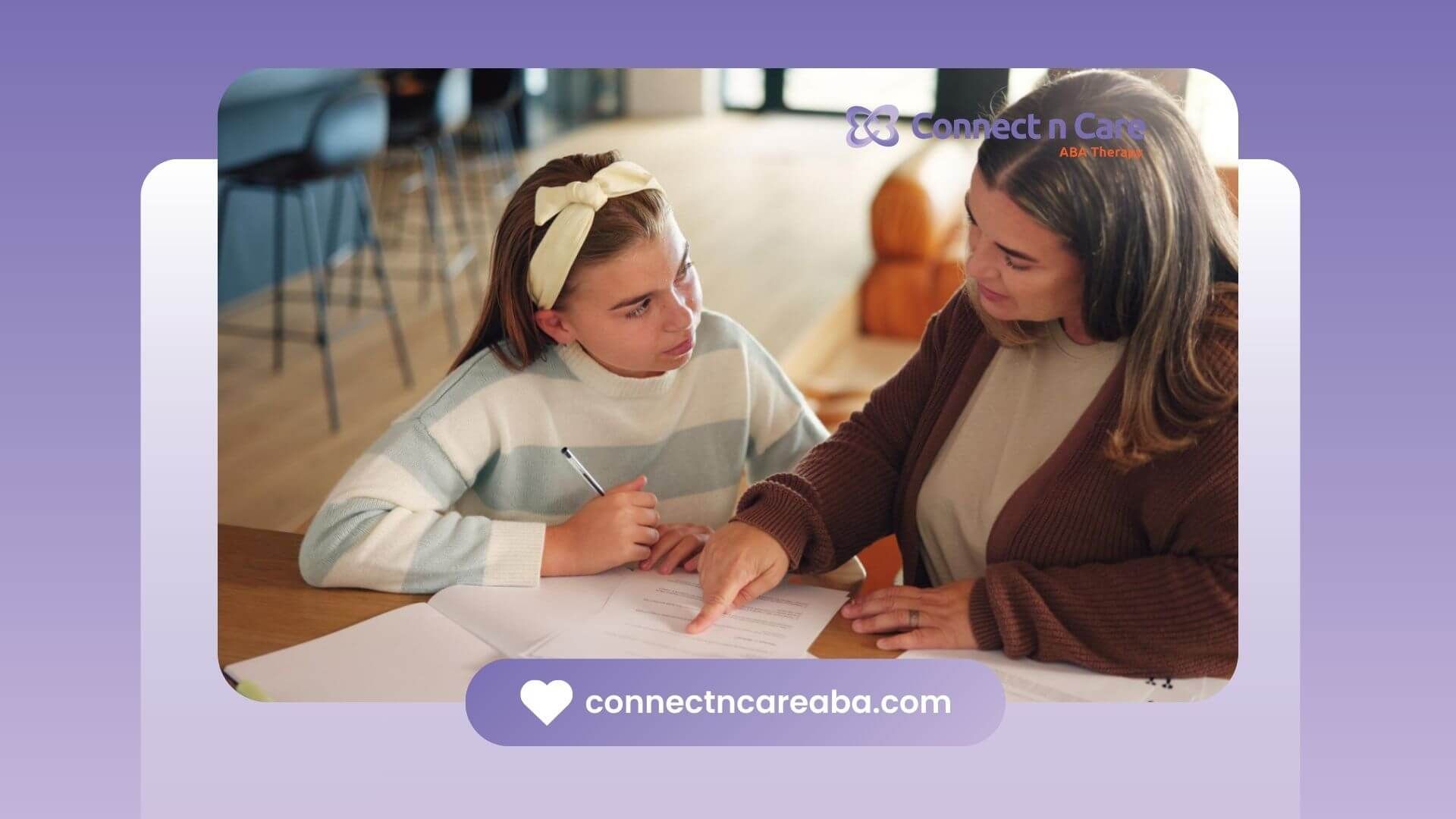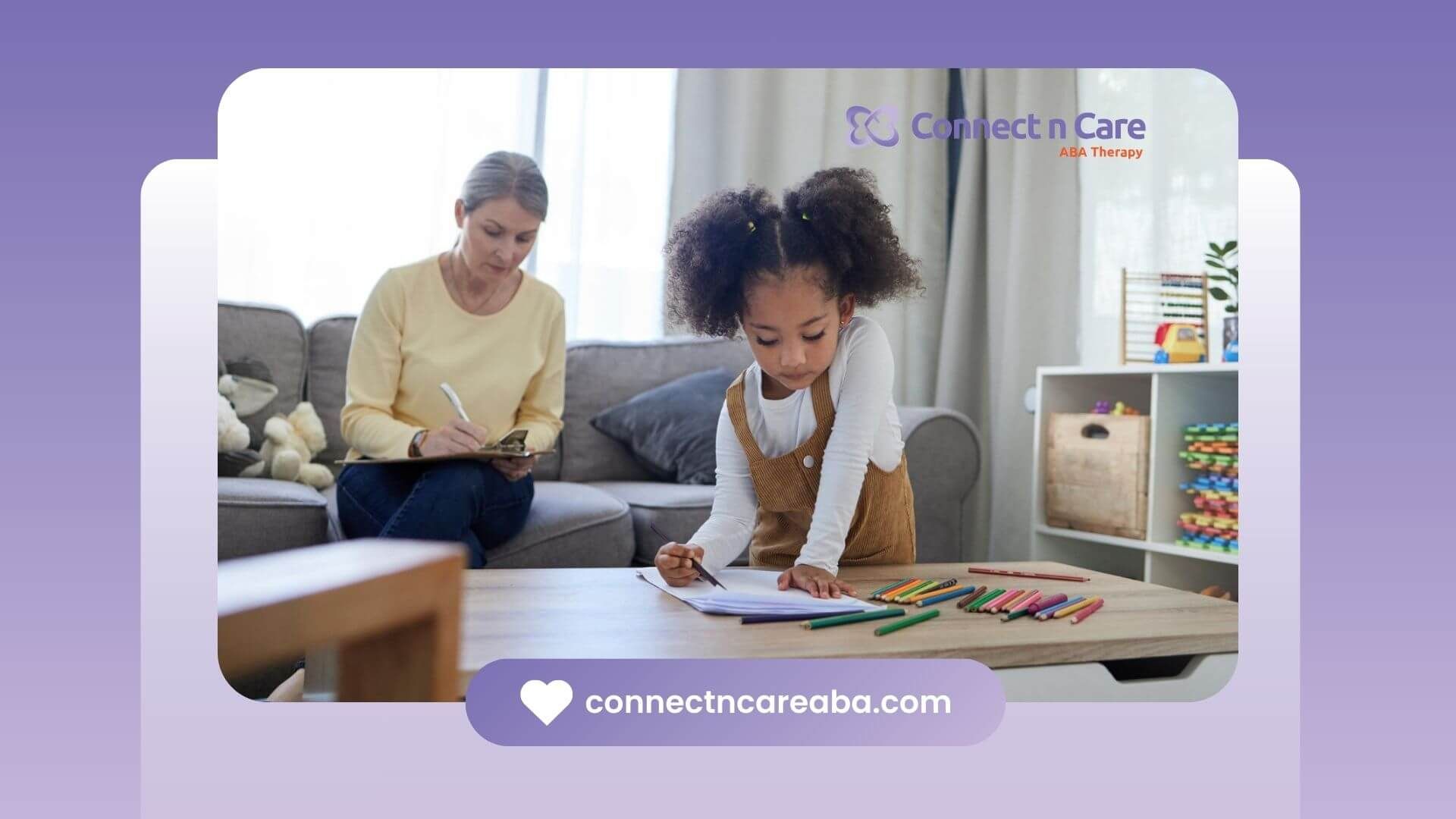It’s a question many parents quietly ask: Do autistic kids love their mom? The simple answer is yes — absolutely. Children with autism may show love in ways that look different, but the feelings are very real.
How Autistic Kids Show Love
Every child is unique, and that’s especially true for kids on the autism spectrum. Love might not always look like long hugs or lots of eye contact, but it’s there in their own special ways.
Some common ways autistic children express love include:
- Sharing their favorite toy or object with you
- Wanting to be near you, even without words
- Smiling, laughing, or making eye contact in their own time
- Using gestures, touch, or routines to connect
The key is remembering that love isn’t always about how we expect it to be shown. For autistic children, their expressions of affection are genuine, even if they look different.
Building Strong Bonds
Parents can strengthen connections by:
- Learning their child’s love language (it might be play, routines, or shared interests)
- Offering consistent comfort and support
- Encouraging communication in ways that work best for their child
With patience and understanding, these bonds grow deeper every day.
At Connect N Care ABA, we’re here to help families nurture those bonds while supporting growth and independence. We provide in-home ABA therapy, school-based ABA therapy, and center-based ABA therapy. We also offer ABA parent training, because we believe parents are the heart of their child’s progress.
Families in North Carolina and Virginia can count on us for compassionate, personalized care. If you’re ready to support your child’s journey while strengthening family connections, contact us today.
FAQs
Do autistic kids bond with their parents?
Yes. While bonding may look different, autistic children form strong attachments to their parents and caregivers.
How can I tell if my autistic child loves me?
Look for their unique ways of showing affection — it might be through touch, routines, or simply wanting to be near you.
Does ABA therapy help with parent-child relationships?
Yes. ABA therapy, especially with parent training, helps parents understand their child’s needs and strengthen connections at home.
Sources:
- https://www.unicef.org/eca/stories/how-support-your-child-autism
- https://www.autismparentingmagazine.com/autism-expresses-love/
- https://www.autismparentingmagazine.com/overly-affectionate-autistic-child/
- https://www.urmc.rochester.edu/encyclopedia/content
- https://www.sciencedirect.com/science/article/pii/S0010440X18301925









